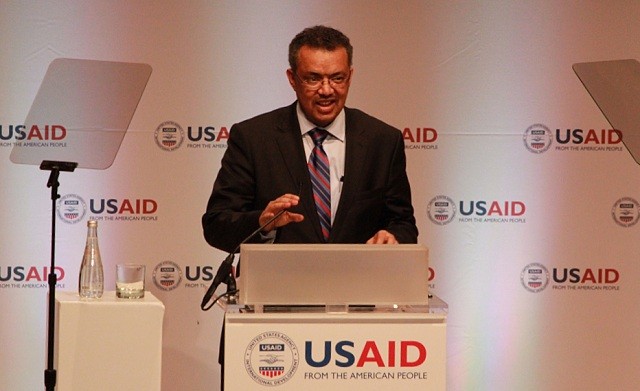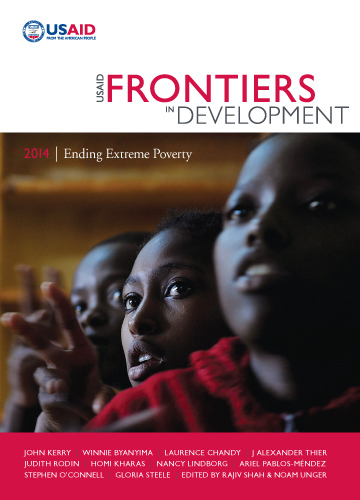- News and Information
- Press Releases
- Congressional Testimony
- Speeches
- Photo Gallery
- The Impact Blog
- Fact Sheets
- Videos
- Events
- Frontiers in Development
- 2014
- Agenda and Video Archive
- Forum Publication
- Innovation Marketplace
- Speakers
- Climate Change: Mary Robinson
- Commitment // Frontiers in Development: Rajiv Shah
- Democracy and Values: Stephen Hadley
- Democracy: Madeleine Albright
- Equality: Winnie Byanyima
- Ethiopia's Progress: Tedros
- Food Security: Strive Masiyiwa
- Leadership: John Kerry
- Pivotal Moment: John A. Kufuor
- Politics in Development: Tony Blair
- Post-2015: John Podesta
- Power and Resilience: Charlotte Petri Gornitzka
- Resilience Dividend: Judith Rodin
- Vision: H.E. Jakaya Kikwete
- Women and Values: Graça Machel
- Women and the Private Sector: Justine Greening
- 2012
- 2014
- White House Summit on Global Development
- Frontiers in Development
- Newsletter
- Success Stories
- Extreme Possibilities
- FrontLines Magazine
- Branding
- Stay Connected

Dr. Tedros discussed Ethiopia’s commitment to pro poor policies. He explained how access to healthcare, education, food and democracy are all rights by themselves but also important contributors to ending extreme poverty.
Tedros Adhanom Ghebreyesus, Ethiopian Minister of Foreign Affairs
Quotes
.@DrTedros, #Ethiopia: The poor cannot participate in economic progress without access to education. #EndPoverty
— USAID (@USAID) September 19, 2014
.@DrTedros: #Ethiopia has focused on the rural majority to create job opportunities and improve economic growth. #EndPoverty
— USAID (@USAID) September 19, 2014
Secretary John Kerry in his great speech at Frontiers #USAID Conference reiterated US Government's committement... http://t.co/GrzOGOCNlH
— Tedros Adhanom (@DrTedros) September 19, 2014
At the Frontiers #USAID Conference in Washington DC, I spoke about Ethiopia's Goals, policies & strategies,... http://t.co/zFphvcS5lH
— Tedros Adhanom (@DrTedros) September 19, 2014
Poverty cannot be alleviated without education, and the poor cannot participate in the economy progress without education. Especially if it’s not free, then the poor, the vulnerable, the marginalized will not have access. That’s why it’s free.
Gender is key. Without the involvement of women, we cannot alleviate poverty. And we started by changing our law, which denied in the past that women cannot actually own land. That is changing the tide now and bringing economic power. So with economic power, women also get political power.
Ethiopia is on track to achieve all MDGs, 4, 5, 6 and the education MDG, because we see that as part of our program and especially in eliminating poverty.
Any country’s growth depends on what we’re doing internally. So what matters is the country’s real commitment to itself. So the outside support is a supplement or complement which can really speed up the pace, but [ODA is] still important.
Biography

Tedros Adhanom Ghebreyesus, Ethiopian Minister of Foreign Affairs
Dr. Tedros Adhanom Ghebreyesus is currently the Minister of Foreign Affairs of the Federal Democratic Republic of Ethiopia. He took up his post in November 2012. Prior to this he served as Minister of Health from October 2005 to November 2012. Dr. Tedros also served in a number of expert and leadership positions within the Ministry of Health at both federal and regional levels, including the positions of Minister of State and as Head of the Tigray Regional Health Bureau. First joining the Ministry in 1986, Dr. Tedros has dedicated his entire career to public service and scientific research, focusing on health concerns.
Frontiers in Development
Section 2: Politics, Global and Local








Comment
Make a general inquiry or suggest an improvement.